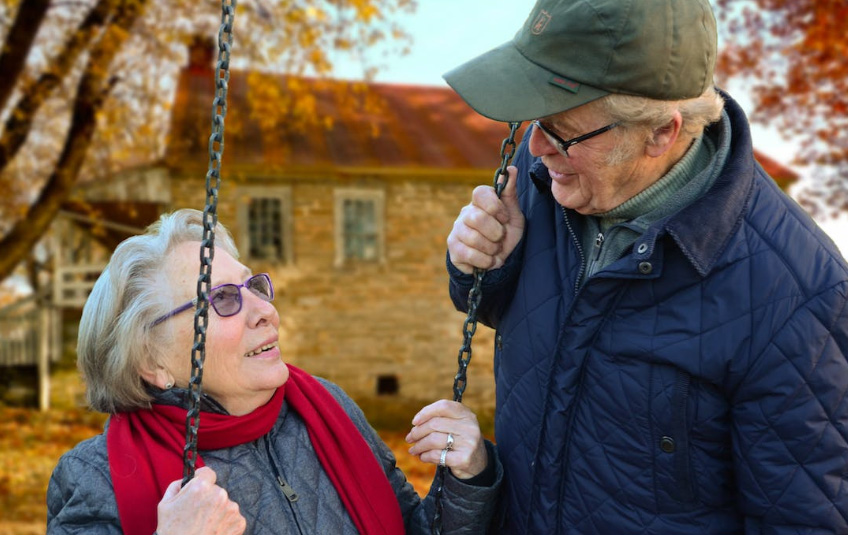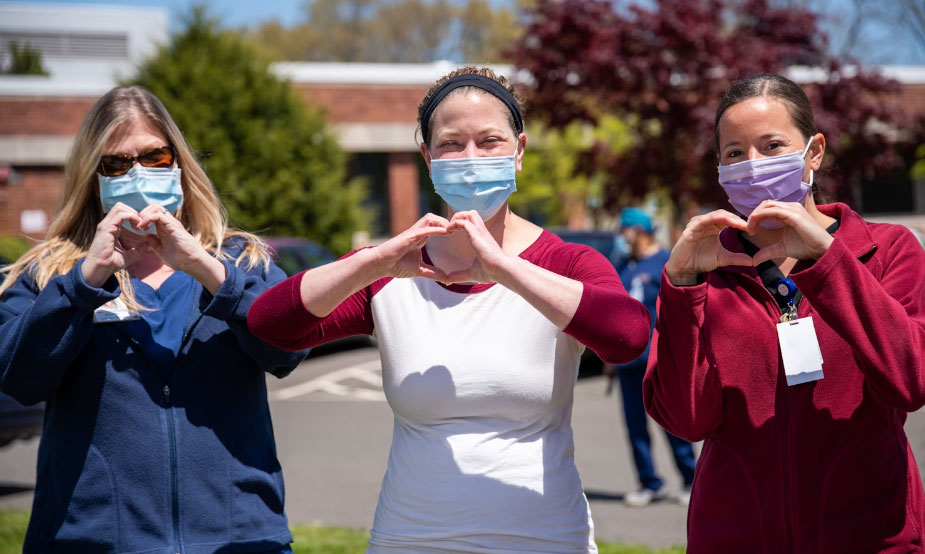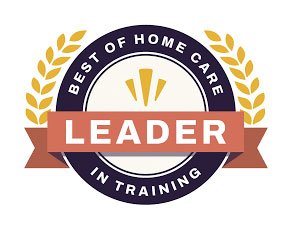
As we age, we may face health challenges that require specialized care. Late-stage and end-of-life care are two types of care that individuals in declining health or with a chronic condition often need. While both are fundamentally similar, they are still different in many ways, which few people know about. For this reason, we will discuss the details in this article.
What Is Late-Stage Care?
Late-stage care is a type of care that is provided to individuals who have a chronic or debilitating illness and are approaching the end of their life. It is also known as palliative care and is designed to alleviate the symptoms and discomfort associated with the illness. Late-stage care aims to provide comfort and improve the patient’s quality of life, provided by a team of healthcare professionals who work together to manage the patient’s symptoms, relieve pain, and provide emotional support to the patient and their family.
What Is End-Of-Life Care?
End-of-life care is a type of care that is provided to individuals who are in the final stages of a debilitating illness or have a life-limiting condition. The goal of end-of-life care is to provide comfort and support to the patient, manage their symptoms, and help them die with dignity. This type of care is provided by a team of healthcare professionals who work closely with the patient and their family to provide emotional support, spiritual counseling, and practical assistance with end-of-life issues.
How Are They Different?
Late-stage and end-of-life care are similar in many ways, but some key differences exist. Late-stage care is provided to individuals with a chronic or debilitating illness who may have months or even years to live, and its goal is to provide comfort and improve the patient’s quality of life. On the other hand, end-of-life care is provided to individuals in the final stages of a debilitating illness or who have a life-limiting condition. The goal of end-of-life care is to provide comfort and support to the patient, manage their symptoms, and help them die with dignity.
Another critical difference between late-stage and end-of-life care is the level of medical intervention. Late-stage care may involve medical treatments such as pain management, medication, and physical therapy to manage symptoms and improve the patient’s quality of life. On the other hand, end-of-life care focuses on comfort care and may involve reducing or stopping medical treatments that are no longer necessary or effective.
Signs That Indicate When a Person May Need Late-Stage or End-Of-Life Care
Aside from a debilitating illness, several signs may indicate when a person may need late-stage or end-of-life care. These include:
- Uncontrolled pain
- Difficulty breathing
- Loss of appetite or difficulty eating
- Rapid weight loss
- Fatigue and weakness
- Difficulty sleeping
- Confusion or delirium
- Emotional distress, such as anxiety or depression
If you or a loved one is experiencing these symptoms, it may be time to consider late-stage or end-of-life care.
Considerations When Choosing a Hospice Care Service
Choosing a hospice care service can be a difficult decision. Here are some factors to consider when making this decision:
- Reputation. When choosing a hospice care service, you must consider the organization’s or facility’s reputation. A reputable hospice care service will have a track record of providing high-quality, compassionate care to patients and their families. You can ask the people you know for recommendations or look for a hospice facility’s reviews and testimonials online.
- Accreditation. State and federal regulatory agencies must accredit hospice facilities to ensure they meet the necessary standards of care, so you must choose a hospice care service certified by organizations such as the Joint Commission, the Community Health Accreditation Program (CHAP), or the Accreditation Commission for Health Care (ACHC). These organizations evaluate hospice care services based on their compliance with industry standards, including patient care, patient rights, quality improvement, and staff qualifications.
- Staffing. Hospice care providers are only as effective as their staff, so you must find a provider that employs a qualified, compassionate and experienced team. The staff should include a variety of professionals, such as doctors, nurses, social workers, therapists, and spiritual counselors, to address the diverse needs of patients and their families, so check the staff’s credentials and experience.
- Services. Hospice care providers must provide various services to meet the unique needs of each patient and their family. These services should encompass medical, emotional, and spiritual support tailored to the individual’s needs and preferences. Some essential services to look for in a hospice care provider include:
- Home-based care
- Pain and symptom management
- Emotional and psychological support
- Spiritual support
- Bereavement support
- 24/7 availability
- Location. While the location may not play a huge role if your late-stage or end-of-life care is home-based, it can make the patient’s life easier, especially during an emergency. Finding a care provider near you is recommended to meet their needs immediately.
- Cost. Above all else, you must get your money’s worth when choosing a late-stage or end-of-life care provider. Costs can vary significantly depending on the level of care needed, the type of care, and whether it is home-based or facility-based. Research different providers and compare their prices to ensure you are getting the best value for your money. Remember that some insurance plans may cover certain aspects of late-stage or end-of-life care, so explore all available options.
Conclusion
Late-stage and end-of-life care are provided to declining individuals with chronic conditions. Both types of care aim to provide comfort, manage symptoms, and improve the patient’s quality of life, so finding the best care provider is essential. This way, you can ensure that your loved one’s final moments will be good.
Golden Rule Hospice provides top-quality services for hospice care in the following areas: Atlanta, Woodstock, Brookhaven, Stonecrest, Douglasville, Gainesville, Stockbridge, Marietta, Peachtree Corners, and Smyrna. We understand the needs of your declining loved one during this time, so we will work to ensure their remaining days are as comfortable as possible. Reach out to us today at (470) 395-6567 for a consultation!
We live by the Golden Rule
Treat others the way you would like to be treated.







